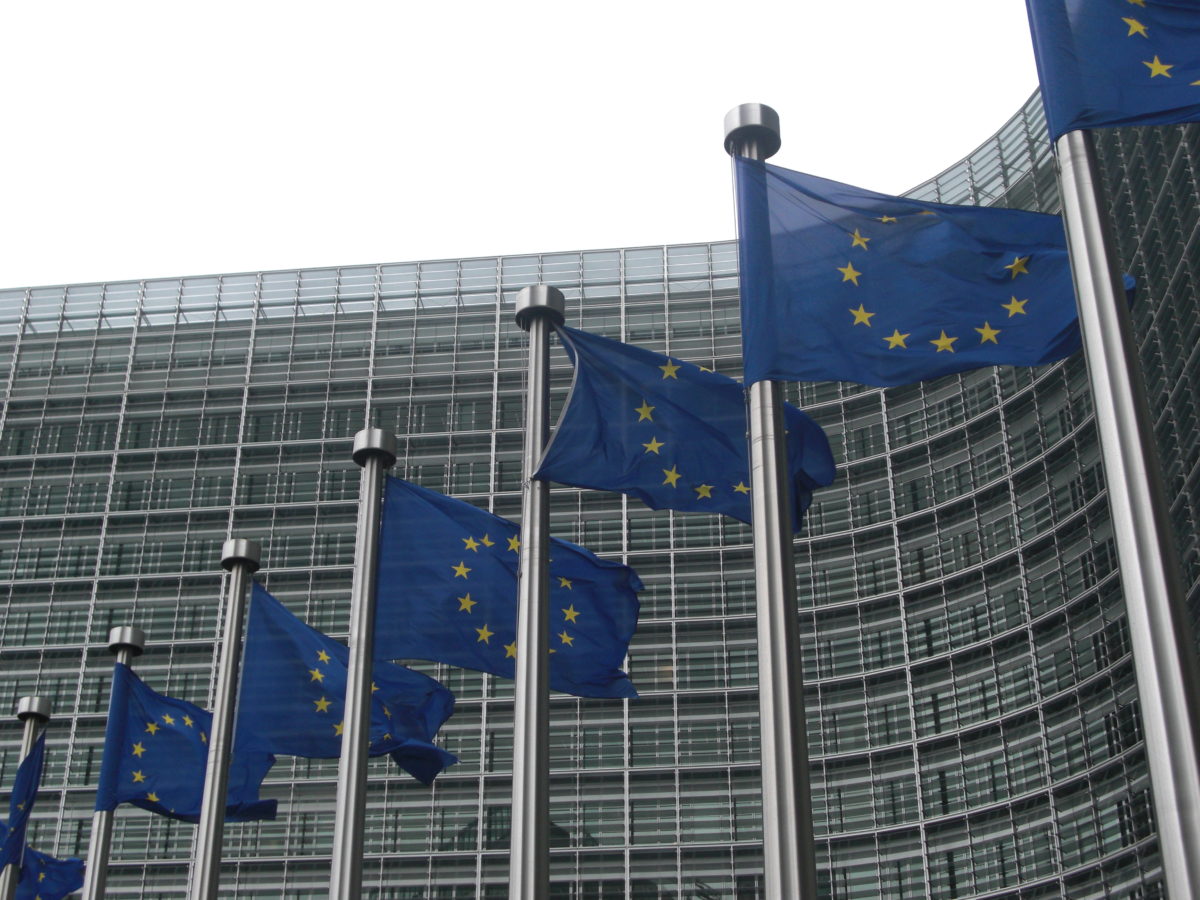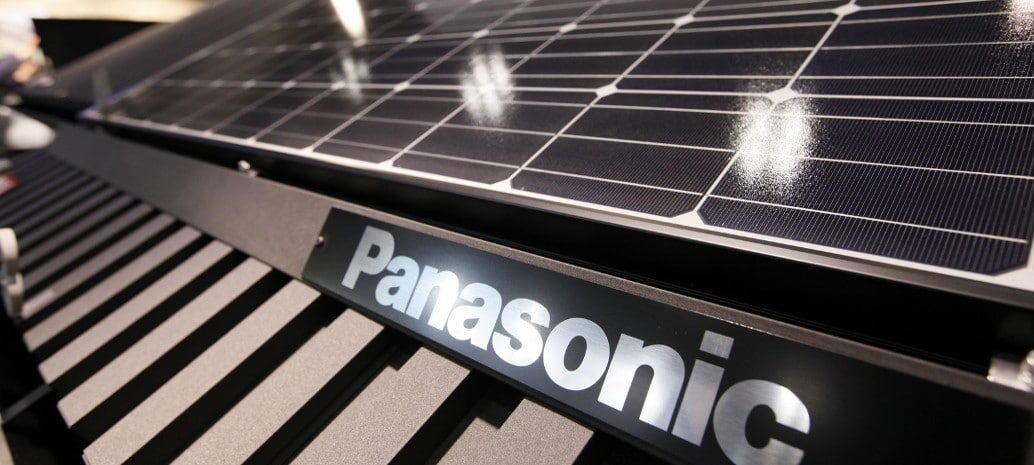The European Commission yesterday signed the new legal framework on anti-dumping. The changes were officially approved by the European Council on December 4, after the European Parliament adopted the new directives in mid-November.
Europe has been struggling for a long time with the issue of how to deal with future anti-dumping procedures. This is primarily due to China, which has been promised market economy status by the World Trade Organization.
This recognition would make anti-dumping measures against Chinese imports into the European Union more difficult.
Consequently, under the new rules, the former distinction between market and non-market economies for calculating dumping, while maintaining the same level of protection for producers, has been removed.
“The Commission will now need to prove the existence of a ‘significant market distortion' between a product's sale price and its production cost. On that basis, it will be allowed to set a price for the product by referring for example to the price of the good in a country with a similar level of economic development or to relevant undistorted international costs and prices,” read a statement on the commission’s website.
It added, “The Commission will also draft specific reports on countries or sectors describing distortions. In line with current practice, it will be for EU firms to file complaints, but they will be able to use the Commission’s reports to support their case.”
Having been signed yesterday, the new rules will come into force on December 20.
pv magazine will publish an interview with Milan Nitzschke, president of EU Prosun and spokesman for the AEGIS industry association on the changes anon.
This content is protected by copyright and may not be reused. If you want to cooperate with us and would like to reuse some of our content, please contact: editors@pv-magazine.com.




2 comments
By submitting this form you agree to pv magazine using your data for the purposes of publishing your comment.
Your personal data will only be disclosed or otherwise transmitted to third parties for the purposes of spam filtering or if this is necessary for technical maintenance of the website. Any other transfer to third parties will not take place unless this is justified on the basis of applicable data protection regulations or if pv magazine is legally obliged to do so.
You may revoke this consent at any time with effect for the future, in which case your personal data will be deleted immediately. Otherwise, your data will be deleted if pv magazine has processed your request or the purpose of data storage is fulfilled.
Further information on data privacy can be found in our Data Protection Policy.